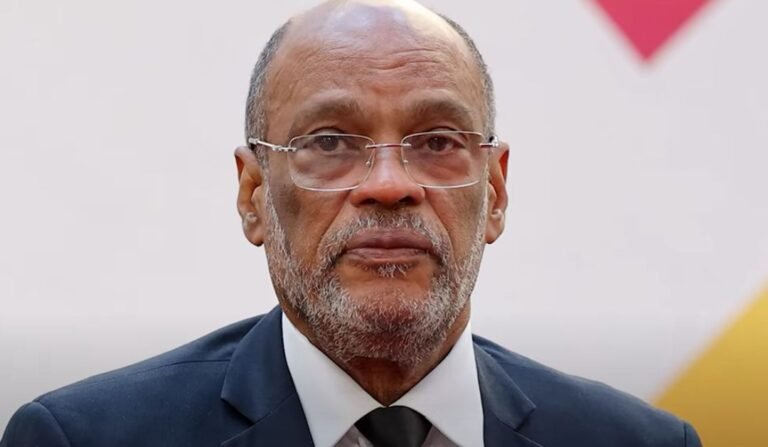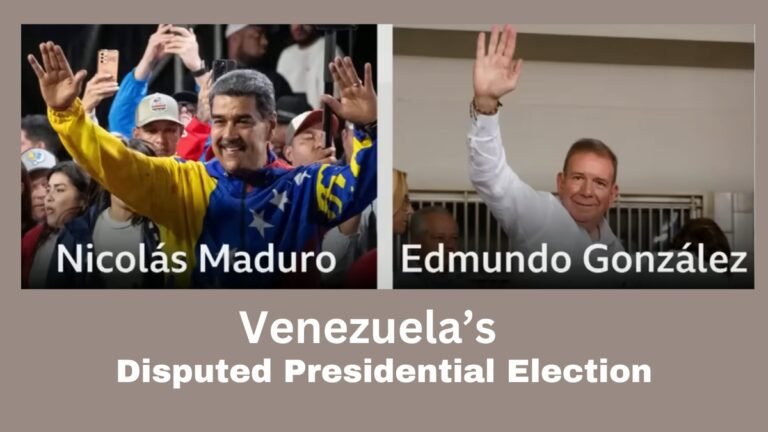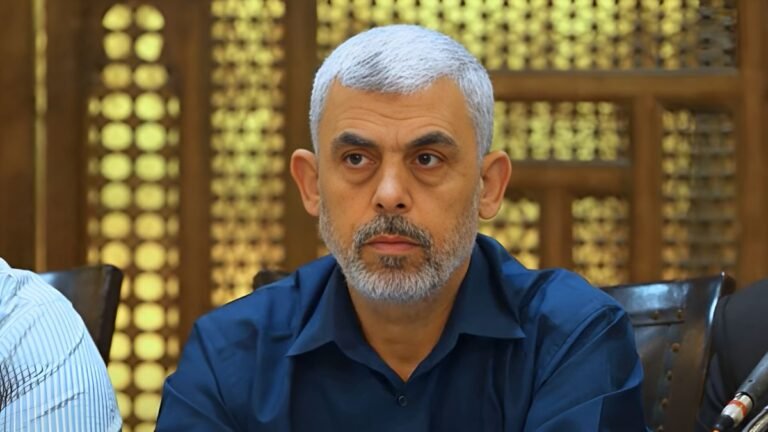Massive Fundraising of $81 Million Surge as Kamala Harris Announces Presidential Bid

Following U.S. President Joe Biden’s announcement that he would not seek re-election and his endorsement of Kamala Harris as his successor, the political fundraising landscape has experienced a seismic shift. Within 24 hours of Harris announcing her candidacy, her campaign fund was inundated with $81 million, setting a new benchmark in U.S. political campaign fundraising.
Big money has always dominated U.S. political campaigns, but the current cycle has seen an unprecedented influx of funds aimed at influencing voters. Donald J. Trump, a master fundraiser, exemplified this trend when he raised $50 million in just 45 minutes during a June fundraiser. Trump also managed to leverage his legal troubles to his advantage, raising nearly $53 million within 24 hours after being found guilty of falsifying business records in May.
Despite Trump’s fundraising prowess, the Democratic fundraising machine, spearheaded by Biden’s campaign, has been formidable. High-profile celebrities like Julia Roberts and George Clooney have significantly contributed, raising millions at fundraisers. However, concerns over Biden’s health grew, especially after a poor performance in a debate with Trump, causing some Hollywood stars to withdraw their support.
From April to June, Trump’s campaign outpaced Biden’s in fundraising, pulling in over $431 million, compared to the Democrats’ $427 million. As of mid-July, the total raised by both Democratic and Republican campaigns for the 2024 election stands at an astonishing $7.815 billion, a figure primarily accumulated before Biden’s withdrawal.
Since 2004, the Democratic organization ActBlue alone has raised over $4 billion, contributing to the nearly $14 billion spent on federal election campaigns in 2020, the most expensive campaign in U.S. history. This level of fundraising underscores the significant role of Political Action Committees (PACs) and their more powerful counterparts, Super PACs.
PACs, tax-exempt organizations that raise and spend money to elect or defeat candidates, have been a staple of political fundraising since the 1940s. However, Super PACs, which emerged from two landmark court decisions in 2010, can raise and spend unlimited amounts of money independently of political campaigns. This independence is often blurred in practice, as evidenced by prominent figures like Elon Musk and Peter Thiel making substantial contributions to pro-Trump Super PACs.
Super PACs can fund various campaign activities, including advertising and other forms of political messaging. As of now, there are 2,218 Super PACs, which have raised over $2 billion and spent a quarter of that amount on the upcoming election.
The power and influence wielded by these massive donations have raised concerns about their impact on the democratic process. Critics argue that such financial clout can distort political debate and prioritize the interests of wealthy donors over those of ordinary voters.
One prominent example is Trump’s “Save America” Super PAC, which has spent $59.5 million on legal consulting fees since the beginning of 2023, including over $1.1 million in March alone for representation in his New York criminal hush money trial.
The role of Super PACs in this election underscores the broader issue of money in politics. The vast sums funneled into campaigns by a handful of wealthy individuals and organizations amplify their influence and potentially skew the political landscape. With the 2024 election approaching, the financial power of the richest 1% will likely play a crucial role in shaping the outcome.






